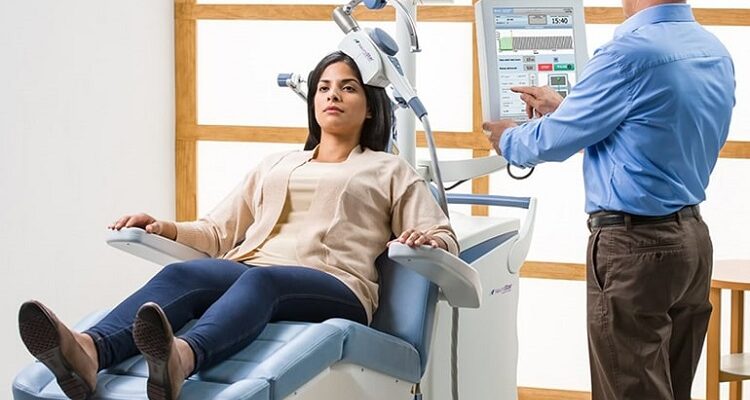TMS also called transcranial magnetic stimulation therapy is one kind of brain therapy that can help people with mental disorders. It is a non-invasive treatment that takes help of electromagnetic pulses to stimulate the cells of your nervous system, thus easing out the symptoms of mental disorder.
It has been found that TMS works well where the antidepressant medication or psychotherapy doesn’t do its work. It can also help to treat problems like anxiety and Parkinson’s disease too. The best Houston TMS therapy specialist is sitting at the Fulshear Medical Associates. They have the best physician who can help you deal with this depression that is disrupting your normal life. Look on their sites for more details.
Table of Contents
How does it work?
Before the procedure, you will be asked to remove any items that can be attracted to magnets like the jewelry.
- The next thing is your physician will make you wear earplugs to avoid that clicking sound coming from the magnetic pulses. You will not be given any anesthesia as this treatment can be done while you are fully awake.
- Next, they will measure the head to determine where to place the magnetic coil.
- They will place the coil in the front portion of your head
- You will next hear some clicking sound coming from the magnetic pulses when released. You will also feel some vibrations below the magnetic coil
- This will be done for the next 30 to 60 minutes and once done you can drive back home.
- The whole session can be conducted 5 days a week for the next 4 to 6 weeks, depending on your condition. After the treatment procedure, you can carry on with your everyday activities. Your symptoms will take several sessions to improve or vanish.
Conditions can be treated
This includes problems like:
- Depression and anxiety
- Obsessive-compulsive disorder (OCD)
- Post-traumatic stress disorder
- Stroke rehabilitation
- Schizophrenia
- Parkinsons and Alzheimer disease
- Chronic pain
- Addiction of nicotine
- Multiple sclerosis
Uses
TMS can work well when you have tried using antidepressant medications and it has not worked. This can also be useful for a child or a teenager because younger people are more prone to facing side effects from these antidepressants.
Side-effects
This may include –
- Lightheadedness or headache
- Sleepiness and tired
- Scalp and neck pain
- Facial twitching
- Sometimes even seizures but this may be very rare with only 0.1% chances.
TMS has shown many promising results for depression. The response rates are anything between 30 to 60 percent.














Comments